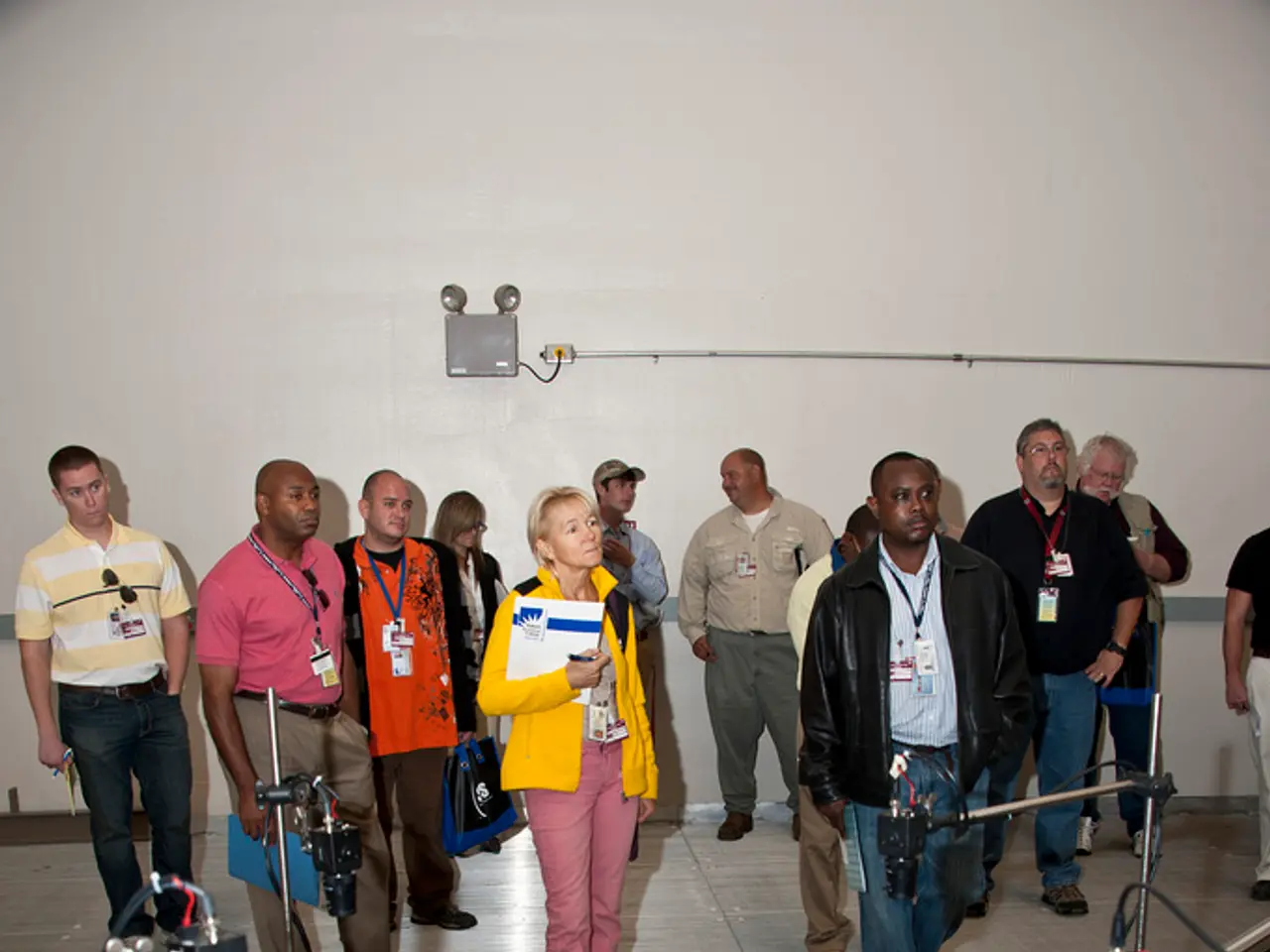Germany's Immigration Detention Centers: Balancing Rights and Enforcement
Immigration detention centers, facilities designed to hold individuals while their immigration status is determined, serve as a pivotal part of immigration law enforcement worldwide. These centers aim to balance detainees' rights with security and enforcement of immigration laws, a task that often proves complex and contentious.
In Germany, the management of immigration detention centers is a shared responsibility. Municipalities, including cities and districts, oversee the administration of these facilities. Initially, reception centers are operated at the state level, but later, asylum seekers are distributed to municipalities for housing in community shelters or apartments. These centers serve as a holding space for individuals awaiting deportation or undergoing immigration status determinations.
The operation of these centers significantly impacts families and communities. Detainees often face separation from loved ones, leading to detrimental emotional and psychological effects. Community responses to these centers vary, with some advocating for reform and improved treatment of detainees, while others may react with fear or stigmatization of immigrants. The conditions within these centers can also vary significantly, affecting the overall experience of detainees.
Understanding the framework of immigration detention centers is crucial for comprehending their role in the broader context of immigration law and policy enforcement. These centers house individuals awaiting hearings or resolution of their immigration cases, playing a critical role in immigration law. However, their operation also raises important questions about the treatment of detainees and the impact on families and communities.






